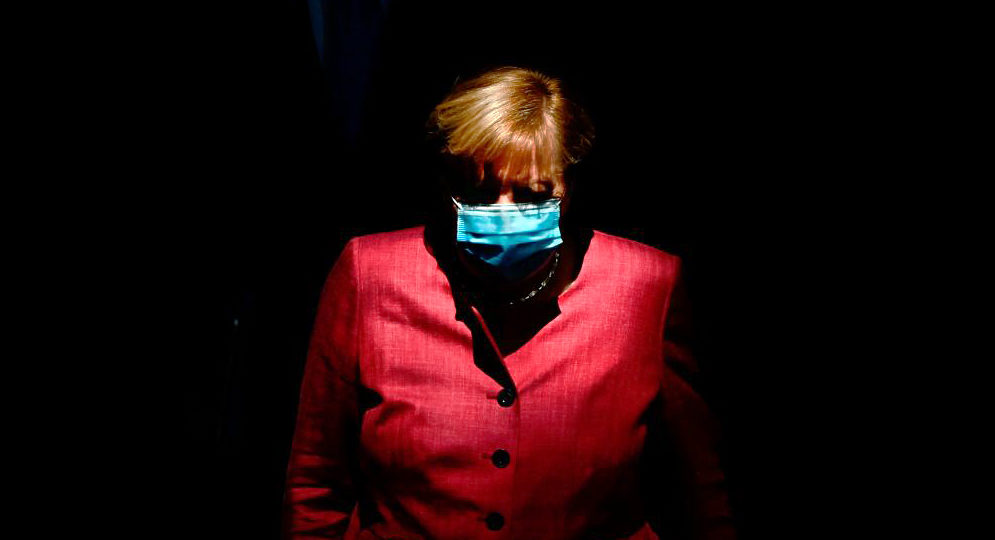“This is entirely my fault and I ask the German public for forgiveness”.
Angela Merkel’s apology last week was widely welcomed and went some way to appease a country fed up with the botched vaccination roll-out and yet more ineffective lockdown measures.
Asked in a televised interview on Sunday if she had apologised for not acting decisively enough, Merkel’s curt answer was: ‘Nein.’ She only accepted responsibility for the uncertainty caused by her government’s u-turn on the controversial Easter lockdown. For structural problems in the wider covid response, the minister presidents were to blame. As heads of the 16 states that make up the country’s federal structure, they hold all the power from vaccine roll-out to lockdown specifics.
Smelling blood, the interviewer proceeded to ask whether Berlin was gearing up for a power grab. Should it not impose stricter measures onto the states, which currently enjoy a great amount of autonomy? Merkel responded with a thinly veiled threat: ‘There is an option for greater intervention from the Bundestag.’
Merkel does not make threats like this lightly — it’s not her style. She knows full well that the decentralisation of power in Germany has not only been a prerequisite for the peaceful rebuilding of the country after the Second World War, but it is also a means of holding the nation together. Religious, cultural and historical divides still run deep and autonomy over crucial areas such as education and policing is an integral way of respecting these differences within one federal framework. Merkel is fully aware of the gravity of her remarks as she calmly turns the screw on her minister-presidents.
But Merkel went even further, singling out individual politicians for her sharpest criticism — most notably Armin Laschet, CDU leader and a potential candidate to succeed Merkel as chancellor. The interviewer asked her directly whether, in his role as minister-president of North Rhine-Westphalia, Germany’s most populous state, Laschet had failed to honour the agreement made with Merkel’s government in Berlin. She said that he had, even if he was not the only one. In her usual understated style, she added: ‘And this does not fill me with joy.’
Criticism as sharp and direct as this is very rare from Merkel, and it is likely to have been triggered by concerns about the upcoming general election. Merkel’s own CDU/CSU is crashing in the polls, now only single digits ahead of the buoyant Greens. It has suffered historic defeats in two recent state elections (both former CDU strongholds) and Armin Laschet himself consistently scores as the least favoured candidate to succeed Merkel.
Meanwhile, the star is rising for those who have consistently championed stricter covid controls. By far the most popular chancellor candidate is the Bavarian Minister-President Markus Söder, who leads the CDU’s sister party, the CSU, and would therefore be eligible to stand as their candidate as they traditionally combine as the ‘Union’ in federal elections.
Merkel’s open criticism for Laschet may well send a signal down her ranks to throw their weight behind the more popular man — which could be a wise move if her party intends to win the September elections.











Join the discussion
Join like minded readers that support our journalism by becoming a paid subscriber
To join the discussion in the comments, become a paid subscriber.
Join like minded readers that support our journalism, read unlimited articles and enjoy other subscriber-only benefits.
Subscribe